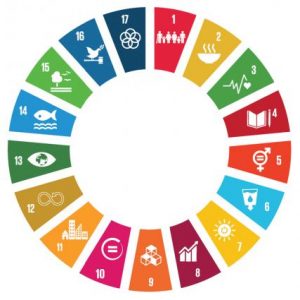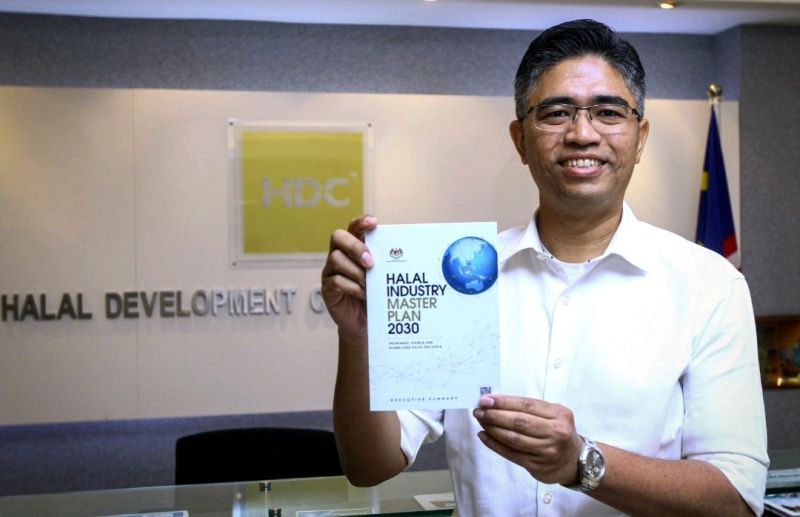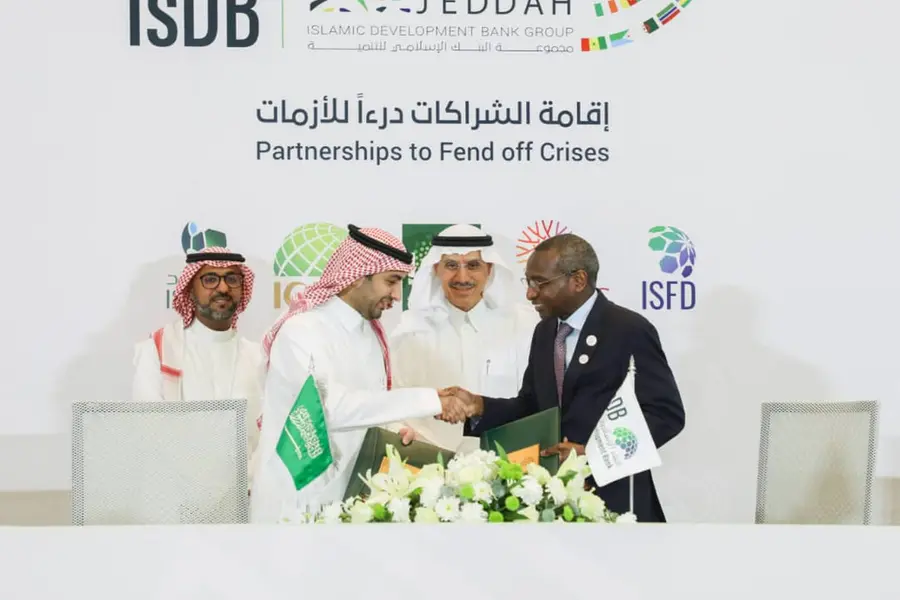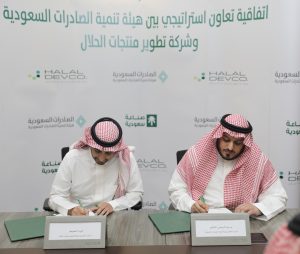The Nation
 After the Millennium Development Goals in 2000, the United Nations General Assembly passed the resolution, “Transforming our world: the 2030 Agenda for Sustainable Development.” There are 17 Sustainable Development Goals (SGDs) that are geared towards improving the world and the lives of its inhabitants, which can be categorised into the “five Ps”; people, planet, prosperity, peace and partnership.
After the Millennium Development Goals in 2000, the United Nations General Assembly passed the resolution, “Transforming our world: the 2030 Agenda for Sustainable Development.” There are 17 Sustainable Development Goals (SGDs) that are geared towards improving the world and the lives of its inhabitants, which can be categorised into the “five Ps”; people, planet, prosperity, peace and partnership.
People
The SGDs on ending poverty, hunger, allowing for individuals to have good health and well-being, the provision of quality education, access to clean water and sanitation and striving for gender equality can all be included in the broad ambit of ‘people’. Improving the lives of people, as a collective and on an individual level, is one of the central focuses of the UN in the next ten years. It is hoped that by 2030, all member states will have made significant changes to provide people with these basic necessities. Beyond ending poverty and hunger, ensuring dignity and equality must also take precedence moving forward.
Planet
Protecting the planet, “so it can support the needs of the present and future generations” is a fundamental priority of the UN, and by extension, its 193 member states in the next decade. This relates to both the preservation of resources for the use of future generation and working hard to prevent the disastrous effects of climate change becoming permanent. There is no doubt that the world is facing a climate emergency, and the SDGs to work on producing clean and affordable energy, protecting life on both land and in the sea, taking demonstrable actions to prevent the climate change and produce and consume as responsibly as possible would help in preserving the planet, if all member states adhere to these guidelines.
Prosperity
“Ensuring prosperous and fulfilling lives in harmony with nature” perfectly embodies the kind of prosperity the world must look to strive for in the next ten years. A conscientious attempt to reduce inequality, improve employment opportunities and achieve economic growth, break new ground in industry, innovation and infrastructure and move towards making our cities and communities more sustainable is what is needed to improve the lives of everyone around the world. The biggest challenge is working towards shared prosperity, which will be difficult to achieve if we cannot set aside personal differences.
Peace
The world is still a long way away from becoming peaceful, but only through consciously working towards this goal can we making any progress in preventing violence and making communities more secure from top to bottom. This not only relates to wars and conflicts around the world, but issues on the micro-level as well. Each individual must be made to feel truly safe and be protected under the laws of the state they live in. Improper access to justice remains a potent issue across the world, and this is something states must work to counter in the coming decade.
Partnership
Above all, it is important to recognise that none of these goals are achievable without working together. The international community must “implement the agenda through a solid global partnership”. These issues are faced by communities the world over, and none of them can be solved by one state alone. Many states including some in our immediate vicinity would rather look to divide in order to establish themselves as superior, but we must collectively call out such actions for what they are and look to usher in an era of unity and global community-building.



